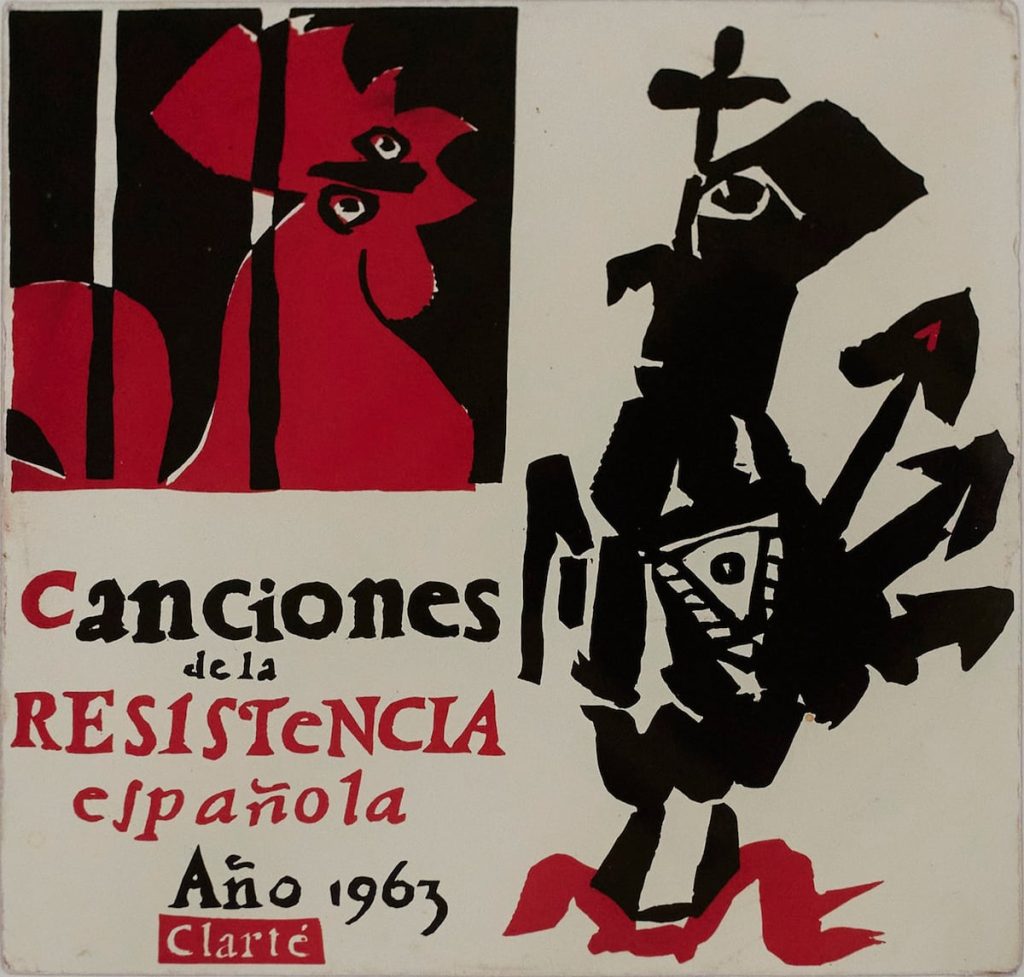The Centro Lucini de la Canción de Autor in Granada is home to a vast archive of over 70,000 recordings of Spanish songs from the years 1963 to 1983. Founded by Juan Trova, this cultural space serves to preserve the heritage of the singer-songwriter genre, including not only songs but also books, artwork, posters, and historical documents related to the era of censorship and political scrutiny. The center, named after the renowned researcher Fernando González Lucini, aims to become a hub for research, concerts, lectures, and discussions, showcasing the rich history of Spanish singer-songwriters and their impact on society.
The definition of singer-songwriter music is fluid, with Juan Trova suggesting that it involves originality, social commitment, and poetic expression. He argues that singer-songwriters serve as a voice of social consciousness, addressing various concerns of society through their music. The roots of the Spanish singer-songwriter tradition can be traced back to artists like Paco Ibáñez, Luis de Góngora, and Federico García Lorca, who laid the foundation for this genre with their fusion of poetry and music. Despite its origins in social activism, the genre has evolved into a primarily romantic and commercial realm, lacking the robust support it once had.
The maintenance of the Centro Lucini and the preservation of its invaluable collection have been challenging, as the center receives no financial assistance from public or private institutions. The center holds a diverse range of materials, from paintings by renowned artists like Luis Eduardo Aute to original documents outlining the regulations of the Cuban Nueva Trova movement. These artifacts offer a vivid depiction of the social and political climate of the time, highlighting struggles against censorship and political repression faced by singer-songwriters.
In addition to its archival role, the Centro Lucini also organizes the festival Abril para Vivir, which celebrates the legacy of Carlos Cano and showcases international singer-songwriters. The festival has become a vital platform for promoting the singer-songwriter genre and supporting emerging talents in the field. By providing a space for concerts, exhibitions, and academic research, the center is dedicated to upholding the legacy of Spanish singer-songwriters and fostering a deeper understanding of their contributions to society. Through its extensive collection and diverse programming, the Centro Lucini continues to serve as a beacon of cultural heritage and artistic innovation in the heart of Granada.















